Depression impacts millions globally, causing deep sadness, hopelessness, and a sense of disconnection. It can feel impossible to face alone. Many people think of medication first for treatment. However, therapy provides effective tools for recovery. These tools often lead to longer-lasting benefits.
Understanding Depression as a Treatable Condition
Depression is more than feeling sad or having tough days. It’s a mental health condition. Clinical depression is a constant low mood. It includes losing interest in activities. There may be changes in sleep and appetite. You might also have trouble concentrating. Sometimes, it also involves thoughts of self-harm. These symptoms can significantly impact daily life.
The National Institute of Mental Health reports that about 21 million U.S. adults have had at least one major depressive episode recently. This shows how common depression is and why effective treatment is crucial.
The Role of Therapy in Recovery
Therapy helps treat depression. It looks at both biological factors and learned thought patterns. Sometimes, people can use it alongside medication or even instead of it. Medication can help balance brain chemistry. Therapy focuses on thoughts, behaviors, and life events that cause and keep depression going.
Some people find therapy alone helpful, especially for mild to moderate depression. Others feel that using therapy with medication gives the best relief. The key is to know the types of therapy for depression. It’s important to find the ones that fit individual needs and situations.
Expanding Treatment Awareness
More people know about therapy options. This gives them more choices for help with depression. Modern mental health care knows that various therapies for depression suit different people, symptoms, and situations. It's not a one-size-fits-all approach.
Knowing the right therapy for your depression helps you choose the best treatment. It lets you speak up for what suits your needs and preferences.
Understanding Depression and Therapy
Before exploring therapies for depression, it's important to grasp how depression functions. Knowing this helps you choose the best treatment.
How Depression Affects People
Depression looks different for everyone. Its effects can vary widely from one person to another. Some people feel deep sadness and cry often when they're depressed. Others may feel numb or empty inside. Depression can show up as irritability and anger, especially in men. It can also cause physical issues like chronic pain and fatigue.
Depression affects how we think. It makes us see ourselves negatively. This creates a gloomy view of the future and makes it hard to find solutions to problems. These thinking patterns influence behavior. They often make people pull away from activities, have trouble in relationships, and ignore self-care.
Therapy's Unique Contributions
Therapy plays an important role in managing depression. It offers key benefits that medication alone can't provide.
Therapy helps in several ways:
- It identifies and changes negative thoughts that keep depression going.
- It develops practical coping skills for managing symptoms and stress.
- It addresses relationship issues and life circumstances tied to depression.
- It processes past experiences or trauma impacting current mental health.
- It builds long-term skills to prevent relapse.
Therapies for depression use different methods. They all help people understand their feelings. They also provide tools for better management.
Distinguishing Treatment Approaches
Knowing how therapy, self-help, and medication differ is important when picking treatment options. Self-help resources, like books and apps, offer helpful information and techniques. But they don’t provide the personalized guidance and expert help that therapy does. Medication changes brain chemistry. It doesn’t teach coping skills. It also doesn’t address life situations that cause depression.
Therapy offers personalized treatment for your unique symptoms and needs. It gives you guidance from trained mental health experts. You’ll have a safe space to explore tough feelings and experiences. Plus, it provides support and accountability to help you make changes.
Major Types of Therapy for Depression
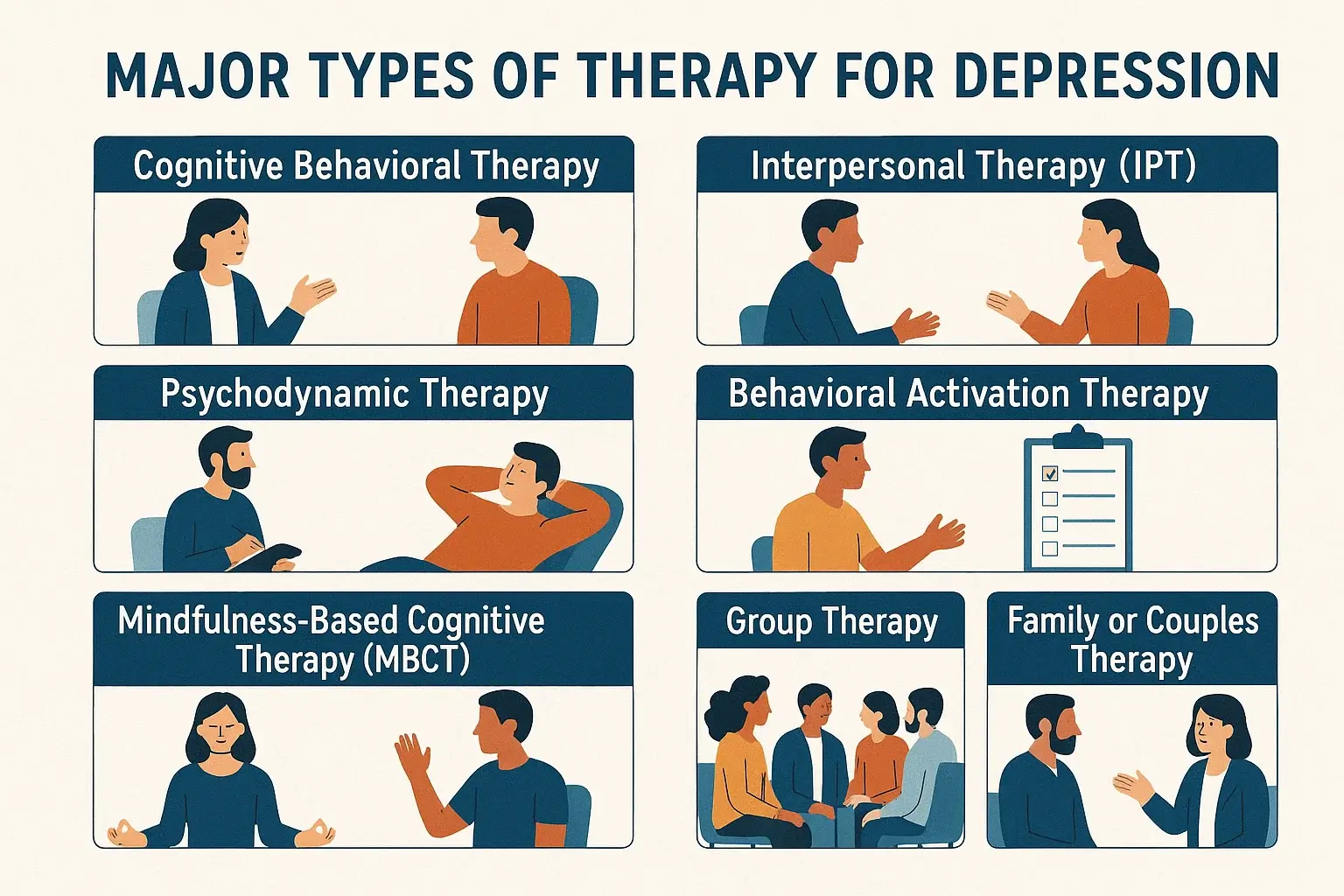
Knowing the common types of therapy for depression can help you find the best fit for your needs.
Cognitive Behavioral Therapy (CBT)
Cognitive Behavioral Therapy (CBT) is one of the best therapies for depression. Many studies back its effectiveness. CBT targets negative thoughts that keep depression going. It helps you see how your thoughts affect your feelings and actions.
CBT helps reframe thoughts and behaviors. Notice automatic negative thoughts like "I'm worthless" or "Nothing will ever change." Then, look for evidence that supports or challenges these thoughts. Next, it develops more balanced and realistic thinking patterns. Finally, it changes behaviors that reinforce depression.
Types of cognitive-behavioral therapy for depression are:
- Standard CBT
- Computerized CBT programs
- Brief CBT for specific situations
CBT helps lower depression symptoms and can prevent relapses.
Interpersonal Therapy (IPT)
Interpersonal therapy for depression targets relationship problems and communication styles. These factors often lead to depressive symptoms. IPT understands that depression usually arises from issues like relationship problems, life changes, grief, or feeling alone.
Improving relationships reduces depressive symptoms. It helps you communicate better, resolve conflicts, and process grief. It also aids in adjusting to big life changes and building stronger support networks.
The best therapy for depression often depends on the role of relationship issues. If relationship problems contribute substantially to your symptoms, IPT might be particularly helpful.
Psychodynamic Therapy
Psychodynamic therapy looks at unconscious thoughts and past experiences. It helps us understand how these affect our current feelings and behaviors. This idea says that depression often stems from unresolved conflicts, past experiences, or hidden patterns. These factors can affect how you relate to yourself and others.
Psychodynamic therapy builds long-term emotional understanding. It takes more time than other methods, but it gives important insights into depression patterns. This therapy is great for those who want to explore the deeper causes of depression, rather than just treating the symptoms.
Behavioral Activation Therapy
Behavioral activation therapy helps reduce withdrawal and inactivity. These issues can worsen depression. This approach sees that when people feel depressed, they often avoid activities. They isolate themselves, which worsens depression. This happens because they miss positive experiences and keep feeling negative.
To encourage positive activities and counter withdrawal, follow these steps:
- Identify activities that once brought you joy or a sense of achievement.
- Create a structured schedule for these activities.
- Start with small, manageable steps.
- Gradually increase activity levels as your mood improves.
Step-by-step action planning for mood improvement makes this approach particularly practical and accessible. Many people find behavioral activation useful. It offers clear actions they can start right away.
Mindfulness-Based Cognitive Therapy (MBCT)
Mindfulness-Based Cognitive Therapy mixes mindfulness with CBT techniques. This approach helps stop the relapse of depressive episodes. MBCT helps people notice their thoughts and feelings without judgment. It helps them recognize early signs of depression. They can respond with wisdom rather than react automatically.
Preventing relapse of depression is crucial. Once someone has faced depression, they are more likely to experience it again. Research shows that MBCT significantly reduces relapse rates. This is especially true for people with many depressive episodes.
Dialectical Behavior Therapy (DBT)
Dialectical Behavior Therapy helps manage strong emotions. It uses both acceptance and change strategies. DBT was first created for different issues, but it helps with depression, too. It's especially useful when emotional regulation problems add to the symptoms.
Techniques for emotional regulation and acceptance include:
- Mindfulness practices
- Distress tolerance skills
- Emotion regulation strategies
- Interpersonal effectiveness training
These skills help people manage overwhelming emotions that can trigger or worsen depression.
Group Therapy
Group therapy unites people facing similar challenges. In these supportive settings, they share experiences and learn from one another. Group therapy for depression includes different types. Psychoeducational groups teach coping skills. Process groups focus on emotional expression and relationships.
Learning coping strategies with peers has unique benefits. It helps reduce isolation by connecting with others who understand. You can learn from their experiences and solutions. Also, you can practice social skills in a supportive setting. Plus, you receive encouragement and accountability.
Group therapy can be just as effective as individual therapy for many people with depression. Plus, it’s often more affordable.
Family or Couples Therapy
Family or couples therapy shows how family dynamics affect depression. It also includes loved ones in the healing journey. Depression isn't alone; it impacts and is influenced by close relationships.
Family dynamics can impact depression in several ways:
- Communication patterns may keep negative thoughts alive.
- Relationship conflicts can add stress.
- Family members might support depressive behaviors without realizing it.
- A lack of support or understanding from loved ones can worsen feelings.
Involving loved ones in healing helps in many ways. It improves communication and reduces conflict. It also educates family about depression. Families can develop strategies to support recovery. Plus, it addresses relationship issues that contribute to depression.
Alternative and Emerging Therapies
Many new methods, besides traditional talk therapy, can help treat depression.
Creative Therapies
Art and music therapy use creative expression to help process emotions. They can reduce stress and allow people to share feelings that are hard to say. These methods are great for those who find traditional talk therapy hard. They also suit people who like non-verbal ways to handle their emotions.
Lifestyle-Based Approaches
Exercise and lifestyle therapy show that physical activity, nutrition, sleep, and daily habits have a big impact on depression. While not replacing other treatments, these approaches provide important complementary support for recovery.
Regular exercise can be as effective as medication for mild to moderate depression. But it can be hard to keep up with exercise when you're feeling down, especially without support.
Digital Mental Health
Online therapy platforms help people access support for depression and anxiety more easily. This is especially true for those in rural areas or who have trouble moving around. These platforms provide different formats. You can choose video sessions with therapists, text-based therapy, or app-based guided programs.
Research on online therapy for depression shows good results. Many studies show that its effectiveness is like in-person therapy for mild to moderate cases.
Innovative Approaches
New methods like ketamine-assisted therapy and virtual reality therapy bring hope for treating depression that doesn’t respond to other options. Research is ongoing, but early results show these methods might help those who haven't responded to traditional treatments.
Choosing the Right Therapy for Depression
Choosing the right therapy for your depression depends on several factors.
Key Selection Factors
Factors to consider are:
- Depression Severity: Are your symptoms mild, moderate, or severe?
- Personal Preferences: What approaches align with your values and learning style?
- Practical Considerations: Think about cost, insurance coverage, and session availability.
- Accessibility: Consider location, scheduling, and format options.
- Specific Issues: Do trauma, relationship problems, or chronic stress affect your depression?
Professional Assessment
The importance of professional diagnosis cannot be overstated when choosing therapy approaches. Mental health professionals can evaluate your symptoms. They identify what may be causing your depression. They suggest therapy options and change treatment if the first methods don’t help.
The best way to find out what therapy you need for depression is to see a professional. Self-diagnosis isn't reliable.
Combined Treatment Approaches
Combining therapy with medication offers complete care. It tackles both the biological and psychological sides of depression. Some people do well with therapy alone for mild to moderate depression. Others may need both medication and therapy right from the start.
The best therapy for major depressive disorder often combines different methods, especially for severe symptoms.
Benefits of Therapy for Depression
Understanding therapy benefits helps maintain motivation during treatment, particularly when progress feels slow.
Symptom Reduction and Relapse Prevention
Reducing symptoms and relapse risk represents primary therapy goals. Research shows that people who finish therapy have lower relapse rates. This is compared to those treated with medication alone. Therapy seems to give lasting skills that help protect mental health even after treatment ends.
Life Skills Development
Improving relationships and coping skills through therapy creates benefits extending beyond depression relief. Therapy teaches communication, problem-solving, and emotional regulation skills. These skills help people tackle future challenges better.
Long-Term Resilience
Building long-term resilience helps people recover from current depression. It also helps them manage future stress without falling back into depression. This resilience comes from knowing your depression triggers. It also helps to have good coping strategies and supportive relationships. Recognizing early warning signs is key, too.
Conclusion
Understanding the types of therapy for depression helps you pick the best treatment. You can also advocate for methods that fit your needs. No matter if you like CBT, IPT, psychodynamic therapy, or another method, research shows that therapy helps most people with depression.
The most common therapy for depression is CBT. It has strong research support and proven effectiveness. The best therapy for you depends on your unique situation, preferences, and symptoms. Many people explore various approaches before discovering what works best. This exploration is a normal part of treatment.
At Gendrics, we know that picking therapy can be tough. This is even harder when you’re dealing with depression. Remember that seeking help demonstrates strength and self-care rather than weakness. Various therapy treatments for depression provide hope and practical tools for recovery. The right approach can change how you live your life.
If you’re new to therapy or looking for different options, effective help is out there. Recovery is possible with the right support and treatment.

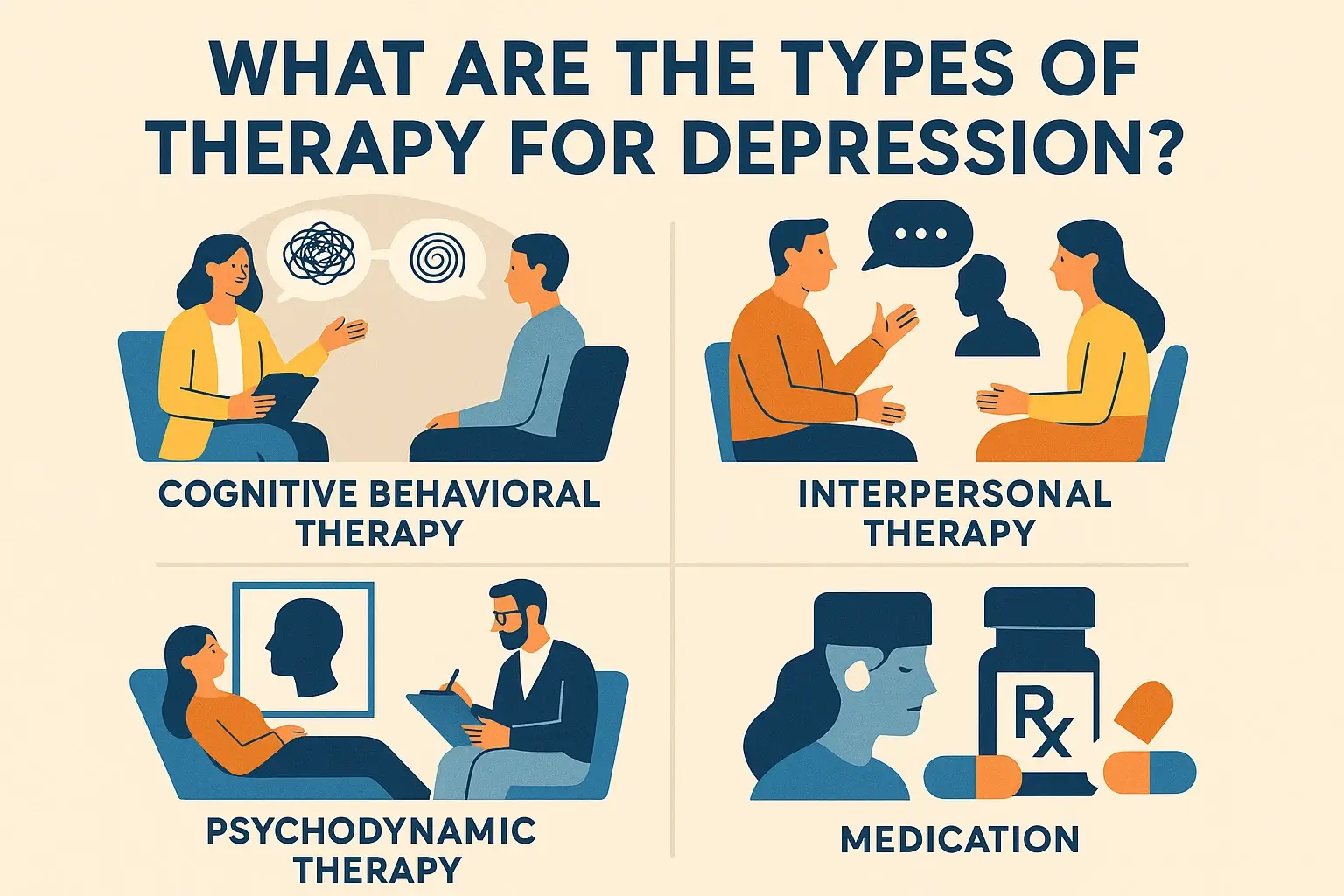
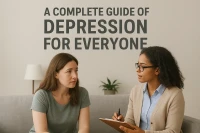
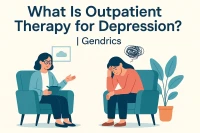
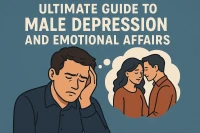
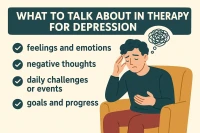
Comments